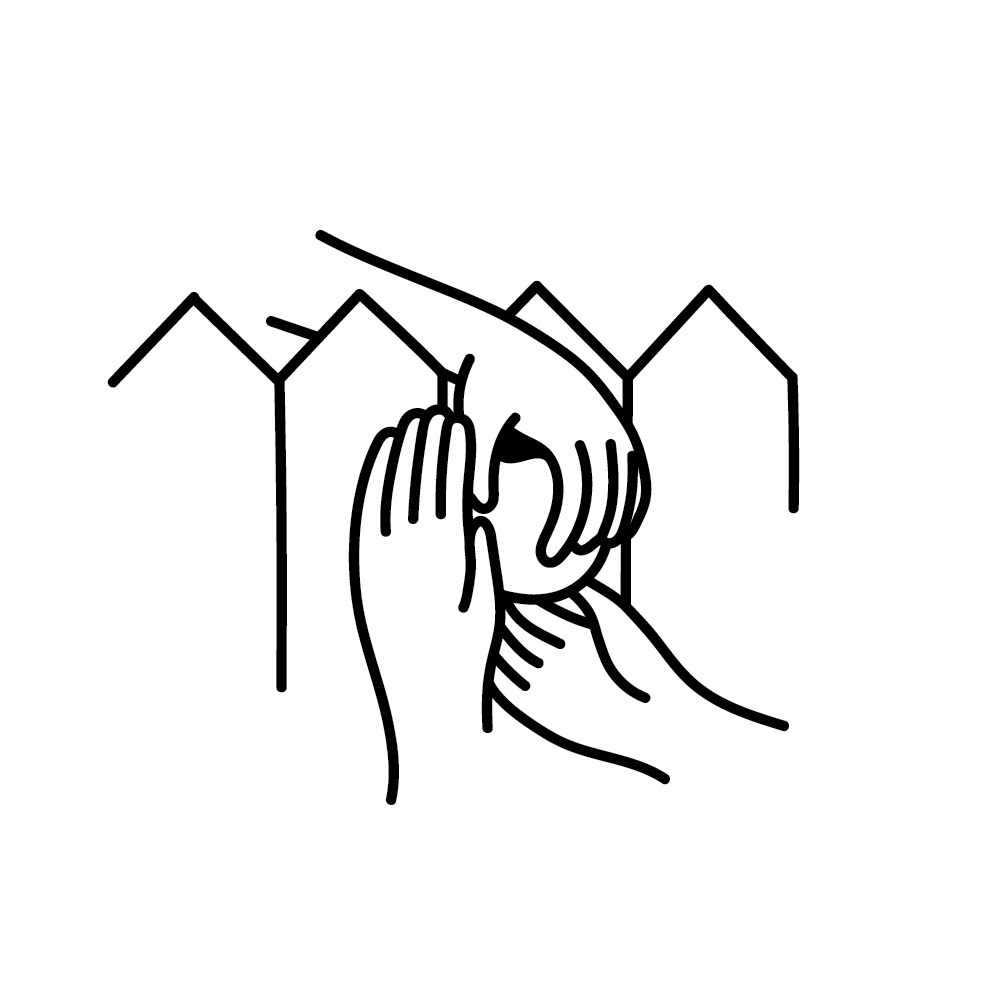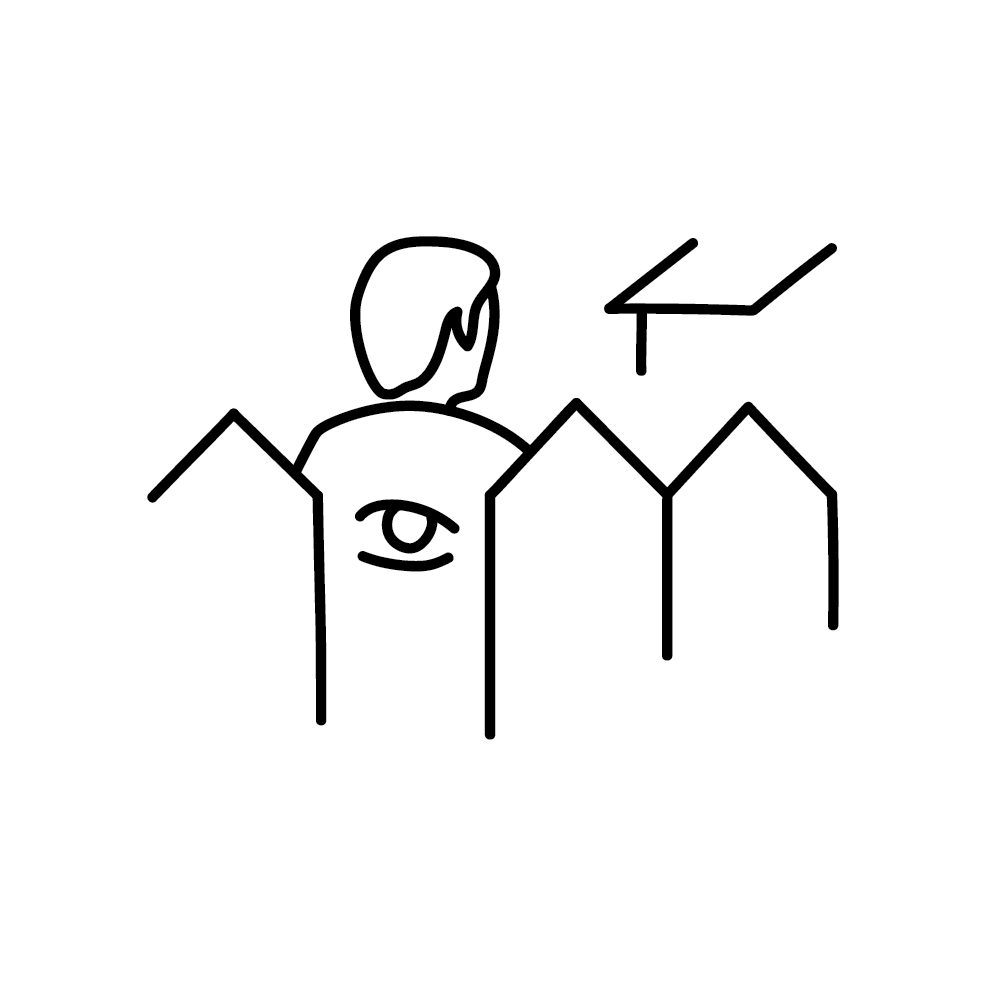Translated by Antonina W. Bouis
Sergei Lebedev’s new novel The Lady of the Mine (2025) is set near a Ukrainian coal mine that buries atrocities from the past. Then one day, corpses rain from the sky, when a jetliner is shot down overhead. An excerpt.
She couldn’t bring herself to go out into the yard. Not even to look out there.
She looked out the window, but only once. There, in her mother’s untended roses, half frozen in winter because Zhanna had forgotten to cover them with straw, lay the body. The one that had rattled across the roof.
Zhanna already knew everything from local social media about the airplane. She realized that she should call an ambulance to come and take the body away.
But she couldn’t do that, either.
She sat in the kitchen, running her finger over the patterns on the embroidered tablecloth, dusty and graying. She wondered if she should feel anything about the airplane. But her mother’s death was still too close and it overshadowed everything else. She looked at the dishes on the stove: sometimes her mother couldn’t eat at all, drinking vegetable broth; sometimes she asked for fried chicken, and then the smell made her sick, and the pots and pans seemed to remember this senseless waste of food, these rejected dishes that Zhanna had to eat for two.
The one that had rattled across the roof
In a corner of the cupboard, behind the cereals, she found a bottle of cognac that had been given to her mother about five years ago, when the laundry was still in operation. She poured it into a cup stained with tea. She drank it, intoxicated by the very smell, alien to her mother’s house, violating the unwritten law.
The woman lying in the yellowed, aphid-eaten rosebushes was wearing a white blouse with a stand-up collar and blue jeans. Marianna dressed like that — the blouse and jeans were on a hanger in the closet — when she went on trivial errands, to the clinic or to the store. The woman’s body was also blackened and contorted.
It was as if her mother had returned.
The misplaced, uninvited body meant: You will stay here like your mother. You will labor in vain like your mother. And you will die like your mother in long agony and oblivion. Buried hastily, by other people, Marianna now seemed to have risen up to betray her a second time, a second time to doom her to a hopeless horror of fate.
Zhanna wanted only one thing: to disappear, to escape from this accursed guest. To erase, to wash away the stigma of her mother’s heritage. Not squeamish, having inherited her mother’s tolerance, she nevertheless could not touch herself; she felt so dirty and disgusting.
You will stay here like your mother.
She remembered something she had thought most reliably erased from memory: how her mother had woken up silently, taken the clean sheet she herself had washed from the dresser drawer, and with dark-brown feces had written a Z on it, crossed it out in a zigzag pattern, as she had crossed out the empty, unnecessary lines on the laundry invoices. Zhanna, already accustomed to excrement, to bad odors, then experienced the ultimate disgust, as if her mother had defiled the whiteness and herself, had crossed out the future.
The dead woman in the yard seemed to imprison Zhanna in the house.
Suddenly the oppressive presence disappeared. It was as if the voltage had gone dead in the power lines. Disbelieving, Zhanna quietly went to the door, opened the peephole.
Yes. There was only the imprint of a body in the crushed roses.
Zhanna stepped onto the porch. The red cross of an ambulance flashed in the distance. And Valet came out from behind the neighbor’s house. It was like seeing him for the first time: in a swamp-colored military uniform without insignia, tall and slender, with a cheerful welcoming smile. She didn’t wonder why he was wearing the uniform, why he had come home, or what he was doing here. He had spent years abroad in Moscow, and a guiding thread from him seemed to stretch away, beyond the town, away from her mother, the mine, and the dead.
Zhanna felt — desperately wanted to feel — that Valet had not returned by chance. They used to tease him for being her sweetheart. Her mother, carefully but firmly, tried to instill fear and restraint in her. But their proximity, a common house, a yard divided by a picket fence, the friendship of their fathers, created the inevitability of mutual observation, peeping, apparently accidental scrutiny.
He, older and busy with his friends, was the nearest example of the other sex. She was wary, but she was also attracted, attracted by virtue of proximity, and guessed that it was not by chance that he was so zealous in ripping off prickly blackberries near the fence. It was not by chance that he immediately went out to dig or weed when her mother sent her to pick sea buckthorn: she climbed onto a chair, reached up, bent the unruly taut branches, and her dress was lifted, translucent, playing in the breeze.
This language of ripening fruits and berries, the language of first infatuations, suddenly returned as an image of hope. Valet gave her an apple one day. As if by chance, he held it out over the fence: « Take it, we have plenty. » That year saw a good harvest of Petrov’s Dessert apple.

Valet came to the porch, and Marianna’s teachings came alive in her, splashing like water in a jiggling bucket. And to spite her mother, who had betrayed her, who had allowed herself this abominable death, Zhanna smiled and said, « Hello, Valya. »
« I’ll only be a second, » Valet answered, as if a little embarrassed. « It’s such a mess with this airplane. Everything’s upside down. »
« Thank you, » Zhanna said with a look at the squashed rosebushes.
« You’re welcome. » Valet took another step closer, looked into her eyes diffidently. « Look, I know… This isn’t the time. You don’t have time for this. Your mother, all that stuff. But I brought you a present. From Moscow. Just take it. Maybe you’ll open it later. » He took a small white paper bag from his pocket and handed it to her, holding it by the string handles.
Zhanna froze: What was inside?
It wasn’t that Marianna forbade her to accept gifts, or outright refused them when she was given them. But gifts, even the most insignificant trinkets, did not stay in their house. It was as if her mother drove them away; they quickly fell into disrepair, broke so that they could not be repaired, were given away, lost…
And certainly Marianna never allowed a gift into her inner circle, into the commonwealth of objects that served her and Zhanna every day. Knives and dishes, combs and mirrors, towels, tablecloths, clothes — everything was hand-picked, as if Marianna feared that the new object would disturb the harmony of the house, would bring foreign ways.
« Thank you. » Zhanna reached out and took the gift. Only to break her mother’s rule, a stupid law that never saved anyone from anything.
« I’ll come back again. » Valet turned and walked toward his half of the house without looking back.

Zhanna looked after him and realized that for the first time she was looking at a man with meaning, like an adult. And as an adult, she forbade herself to think why Valet had really come back, who he was now — for it might destroy her trust, her hope.
Not immediately realizing that she was copying her mother, she left the bag with the gift in the hallway, the way Marianna used to do, letting new things rest, cool off from the road, and giving the house time to check them out.
She realized it. She brought it into the kitchen, set it on the table.

The Lady of the Mine, by Sergei Lebedev, was translated from the Russian by Antonina W. Bouis, published in January 2025 by New Vessel Press.